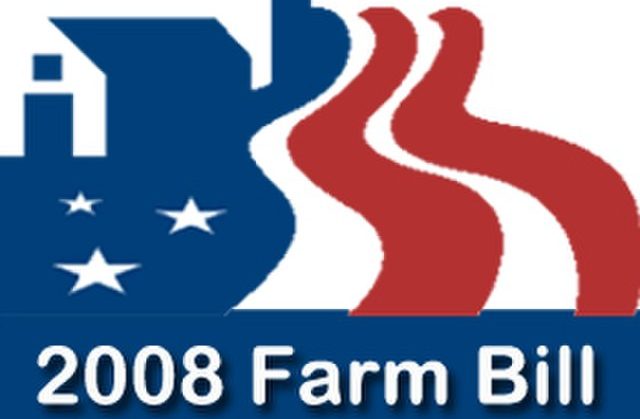The end of the longest federal government shutdown on November 10, 2025 has shifted attention to the effective extension of the 2018 Farm Bill.
Vital for guiding the U.S. Department of Agriculture (USDA)’s funding and loaning rules, the extant Farm Bill had expired on October 1.
Beforehand, it had terminated severally including in President Biden’s regime when Congress had to invoke stopgap funding for its programs.
After the October 1-November 9, 2025 shutdown, the government extended the bill per the H.R.2 (115th) act. This automatically reinstated full funding for key programs like the Supplemental Nutrition Assistance Program (SNAP).
The extension allows SNAP’s applicants to be able to maintain up to $2,000 as savings unattached to their eligibility.
Upon the nutritional program’s full funding reinstatement, praise came from various quarters, including Senate agricultural czars.
John Boozman, the Senate Ag Committee’s chairman commented after the Senate vote that “vulnerable families [will] no longer experience disruptions to nutrition benefits.”
Extending the 2018 Farm Bill also enhances market access benefits via the International Market Development Program at $255 million annually.
Related to this international gesture is the Food for Peace program, whose annual funding of $2.5 billion enjoys reauthorization.
A controversial clause that could get review regards seed hemp rules under the Plant Variety Protection Office.
Notably, food poisoning calls related to some free market hemp products rose by 82% between 2021 and 2022.
There is also the Price Loss Coverage (PLC), which compensates farmers when crop prices unnaturally go below costs.
How did the Shutdown Happen?
Many federal programs including the USDA ended their budget year on October 1 but Congress did not immediately vote to extend funding.
This meant a lapse in about 50% of governmental services that depend on annual budgets. Apart from Medicaid and social security, many vital programs work on yearly funding and so a shutdown affects them.
The Republican majority of 52 senators was eager to terminate the shutdown but it required support from at least 8 Democrats.
Under the filibuster provision, the U.S.’ Senate can only pass a regulation with 3/5ths majority, meaning 60 senators.
On November 10, the 8 Democrats finally offered support, virtually passing the shutdown-ending bill on an exact threshold.
With services back, federal employees will get their overdue salaries while the Farm Bill programs’ applicants their benefits. The following stats section gives a glimpse of the latest facts on the Bill’s extension.
2018 Farm Bill Extension Statistics
The U.S.’ Senate effectively extended the 2018 Farm Bill for 1 year on November 10, 2025 after a 40-day government shutdown. Here are key services under reinstatement or review, according to the GovTrack website:
- The U.S. Department of Agriculture (USDA) to access $450 million to deal with animal disease outbreaks or hazards.
- Veterans and socially disadvantaged farmers to share some $10 million annually for outreach purposes and direct support.
- The Specialty Crop Research Initiative keeps its current permanent kitty of $80 million a year.
- Applicants of the Supplemental Nutrition Assistance Program (SNAP) program can now maintain up to $2,000 as savings external to their eligibility.
- A reauthorization of $2.5 billion annually for the Food for Peace Program also comes with this extension.
- There is also a continuation of the Price Loss Coverage (PLC), which should be below 115% of the staturory reference price.
In retrospect, when the Farm Bill was in implementation on May 17, 2019, the USDA had cited these amendments:
- Direct loan limits would increase to $0.6 million while guaranteed loans to $1.75 million under the amendment.
- Seed hemp would get authorization via the Plant Variety Protection Office. Since then, hemp-related food poisoning calls rose by 82% (2021-2022) via Delta-8 capsules. In 2025, suggestions to amend hemp authorization on the 2018 Farm Bill continued.
